After the inspection team visited Vietnam in 2018, in November 2019, the EC announced the withdrawal of 9 groups of recommendations to 4 groups, including: Legal framework; Monitoring, inspection, control of fishing vessel activities, fleet management; Certification of output and traceability of aquatic products from exploitation; Law enforcement.
Over the past six years, we have not been able to remove the yellow card, although there have been many solutions. We need to refer to the lessons of two ASEAN countries that have successfully removed the yellow card: the Philippines (after 9 months of being fined), especially Thailand, which has characteristics and a situation more similar to Vietnam, and was able to remove it after 4 years.
Fined by the EC in 2015, Thailand initially took some measures but failed due to the lack of cooperation from fishermen who were used to working freely and were afraid of the expense. It was worth the effort, so the country set up a comprehensive fishing vessel positioning monitoring system (VMS), which had to be installed on every vessel, costing about $1,000 per vessel; in addition, vessel owners had to pay a VMS service fee of $25 per month.
Thanks to VMS, the Thai Department of Fisheries has a firm grasp of fishermen’s fishing locations, promptly warning and intervening when necessary. And thanks to VMS, the origin of seafood can be easily traced; no one can cheat on the origin. Thus, instead of waiting for EU partners to trace the origin before allowing imports, this country is one step ahead.
In addition, Thailand has built a Fisheries Monitoring Center (in Samut Sakhon province, bordering Bangkok), with staff working 24/7. All activities of offshore fishing vessels are displayed on screens located at this center. When any vessel violates foreign waters, the center's staff will issue a notice, requesting it to return. For ship owners, installing an app on their "own" handheld device is a mandatory obligation to register the vessel's entry and exit from the port, and at the same time, to know the schedule of their vessel by day, by hour, and even by minute.
Also through a comprehensive digital control system, procedures and licenses are transparent and strictly followed; preventing illegal labor and exploitation of workers on board. Demonstrating the government's determination, in 2018, Thailand ratified the International Labor Organization's convention against forced labor.
Notably, Thailand imposes very severe sanctions on violations and repeat offenders, and has a strong policy of permanently banning fishing. According to the Bangkok Post, fishing boat owners are currently bound by more than 300 legal provisions. Boat owners and fishermen at that time considered it strict and suffocating, but government agencies remained steadfast and did not loosen the rules.
And, another good way is for Thailand to call on leading seafood companies to get involved. Thai Union, which accounts for 20% of global canned tuna products, launched a campaign called "Change the Ocean", focusing on helping parties trace the origin of their products.
With many drastic measures mentioned above, in early 2019, Thai seafood had its IUU yellow card removed by the EU.
The lesson learned from Thailand is strong determination and digital application. If your country can do it, then we cannot...
Source






















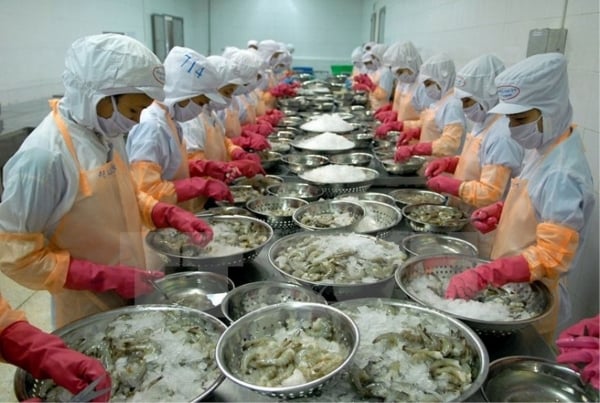

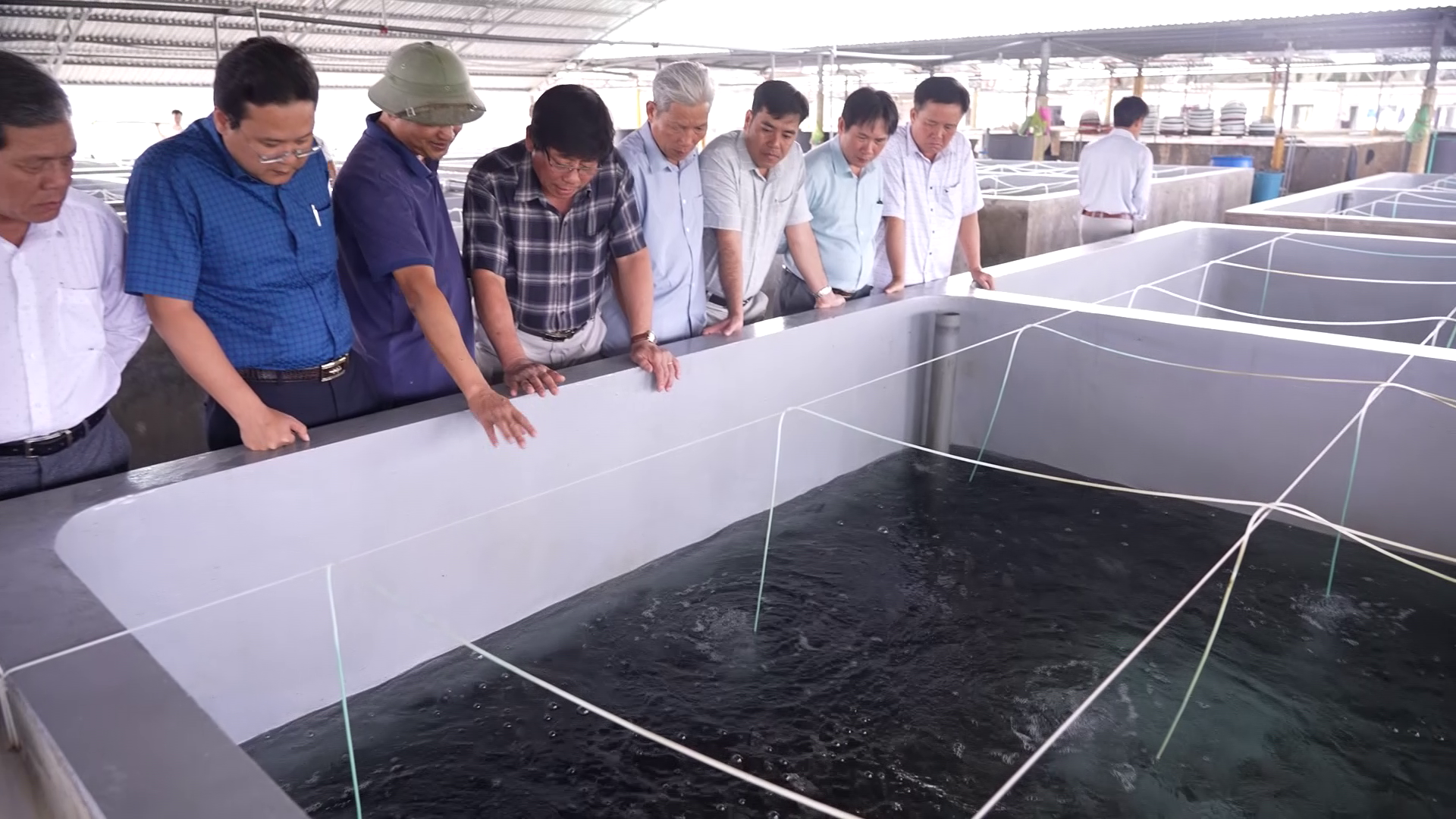

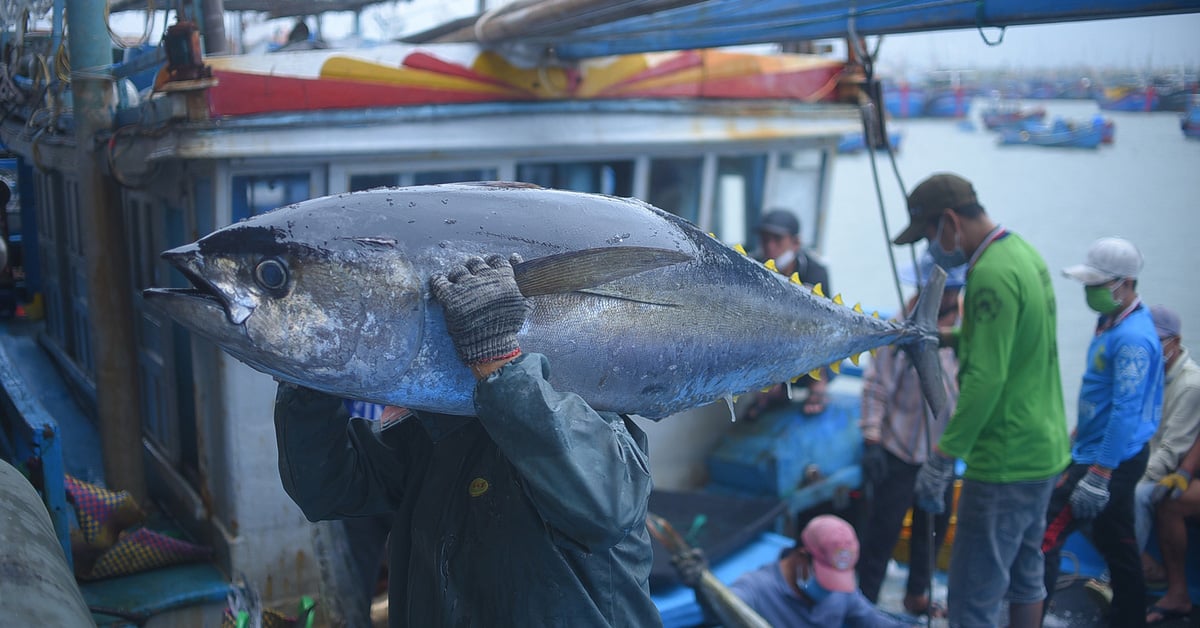
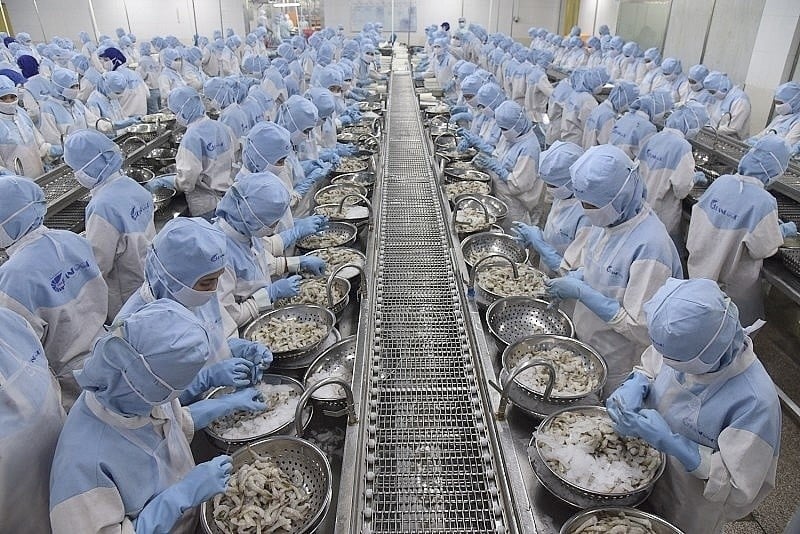
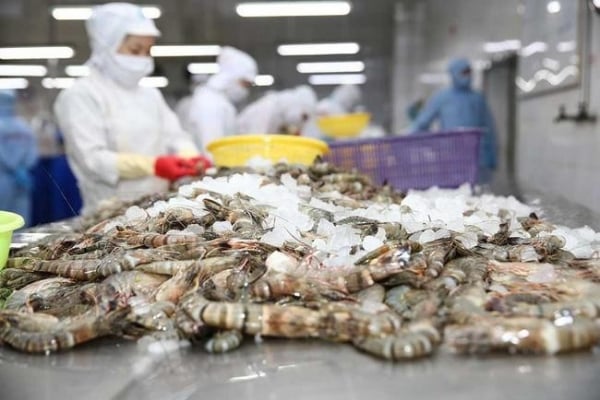

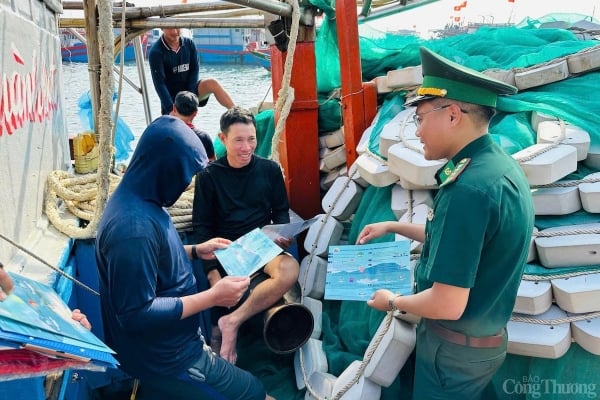









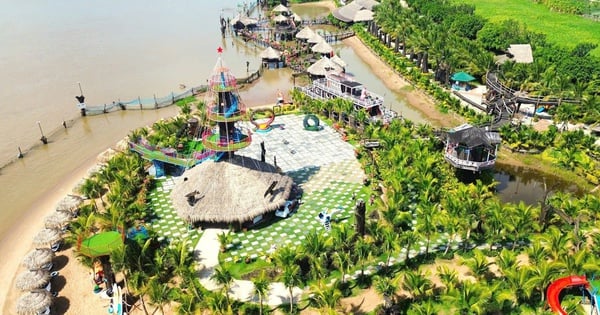



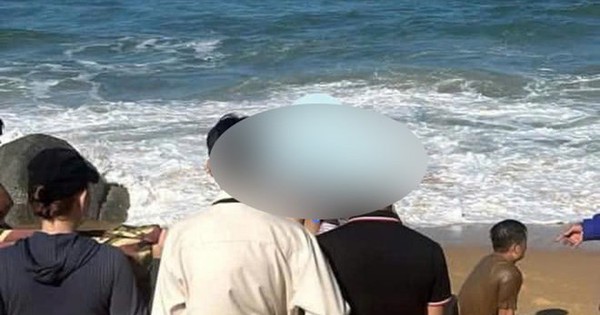

















Comment (0)